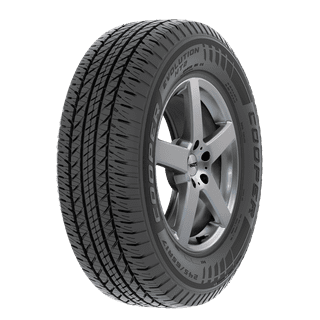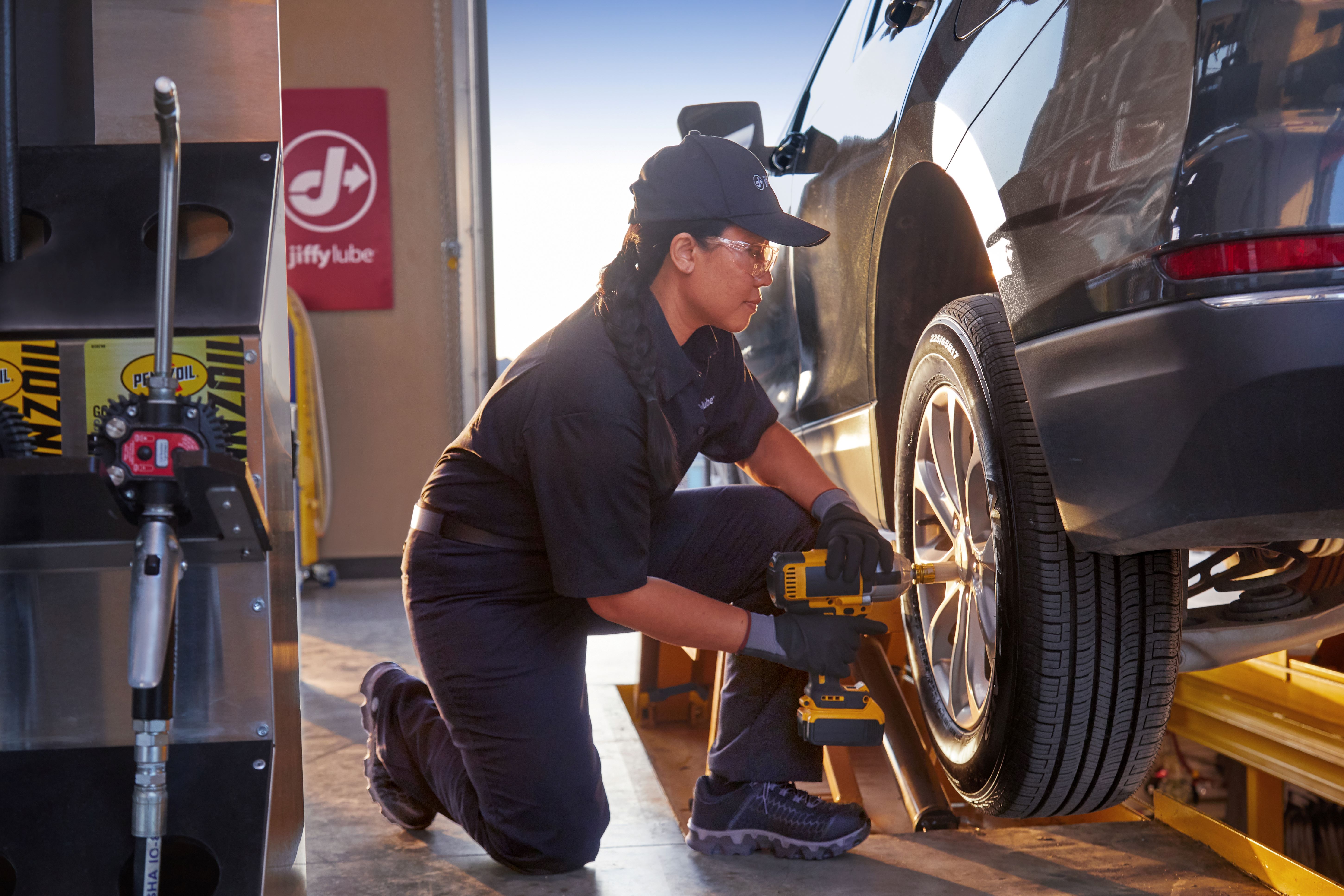Tire Solution: The Impact of Weather
When it comes to making sure optimal efficiency and safety and security when traveling, recognizing the impact of climate condition on tire service is critical. From scorching heat to icy roadways, each climate element can substantially affect tire functionality and general driving experience. By diving right into the effects of varying climate condition on tires, chauffeurs can get beneficial insights that may improve their lorry's efficiency and longevity. In this discussion, we will check out the detailed partnership between weather and tire service, shedding light on the importance of weather-specific tire maintenance methods and factors to consider.
Warmth and Tire Efficiency
When subjected to high temperature levels, tires experience modifications in performance that can substantially affect car safety and handling. The heat generated from long term driving or warm weather condition conditions causes the tire rubber to soften, leading to reduced step life and raised wear. As the rubber comes to be softer, the tire's hold when traveling diminishes, influencing stopping distances and overall grip. In severe instances, extreme warm can even create tire blowouts, presenting a serious safety and security threat to the automobile and its residents.
Moreover, heats can speed up the process of tire aging, triggering the rubber to degrade faster. This can cause fractures, protrudes, and other kinds of damage that endanger the structural honesty of the tire. To reduce the results of warm on tire efficiency, chauffeurs need to consistently inspect their tire stress, rotate tires to make sure even wear, and check for any kind of indications of damages. Additionally, utilizing tires especially developed to hold up against high temperatures can assist keep optimal efficiency and safety and security when traveling.
Winter Results
Cold climate problems can have a significant influence on tire performance and security. As temperatures decrease, tire rubber can solidify, causing reduced grip on icy or snow-covered roads. In chilly weather condition, tires may likewise lose atmospheric pressure much more rapidly, which can impact dealing with and fuel efficiency. Furthermore, chilly temperature levels can cause tire sidewalls to stiffen, increasing the risk of damages from gaps or various other road risks.
To mitigate the results of winter on tires, it is important to frequently check tire stress and inflate them to the maker's suggested levels. Making use of winter season or all-season tires designed for cool weather condition conditions can additionally enhance traction and hold on icy or snowy roads - tires morris il. Appropriate tire upkeep, including routine inspections for wear and damages, becomes much more critical throughout colder months to make certain optimal efficiency and safety
Rainy Issues Impact
Throughout stormy problems, tire efficiency and safety and security can be dramatically affected by the damp roadway surface areas and minimized presence. The walk pattern of tires plays a critical duty in keeping grip on damp roads. Tires with worn-out treads are more prone to hydroplaning, where a layer of water accumulates between the tire and the roadway surface, resulting in loss of grip. To fight this, motorists ought to routinely inspect their tires for sufficient tread deepness and take into consideration purchasing tires particularly created for wet problems.

Snow and Tire Security
When driving in snowy conditions, having the appropriate tires can make a significant difference in security and efficiency. Winter months tires are designed with special rubber compounds and walk patterns to supply far better grip on snow and ice contrasted to all-season tires.
In addition to using winter season tires, it is vital to ensure they are correctly pumped up. Cold climate can cause tire pressure to drop, affecting traction and handling (tire shop morris). Consistently examining and maintaining the correct tire pressure is important for ideal efficiency in snowy problems

Weather-Related Tire Maintenance
When encountered with various weather, appropriate tire upkeep ends up being a crucial element of lorry safety and efficiency. Weather-related tire upkeep encompasses a variety of practices focused on making certain ideal tire feature and longevity in different weather condition scenarios. One essential facet of weather-related tire upkeep is tire pressure guideline. Changing temperature levels can cause tire pressure to differ, influencing traction and fuel effectiveness. Regularly readjusting and examining tire pressure according browse this site to manufacturer recommendations is crucial for risk-free driving in altering climate condition. In addition, tire tread depth plays a substantial function in taking care of different weather aspects. Tires with appropriate step deepness give better grip on wet or icy roads, decreasing the danger of skidding or hydroplaning. When step wear gets to a particular deepness is crucial for preserving traction and security in unfavorable weather condition, examining tire tread routinely and replacing tires. By prioritizing weather-related tire upkeep, motorists can improve security, improve vehicle efficiency, and extend the lifespan of their tires.
Verdict
Finally, climate condition have a significant influence on tire performance and safety and security. From warm affecting tire pressure and put on to winter minimizing grip, it is important to consider the climate when preserving and making use of tires. Stormy problems can decrease hold and lead to Check This Out hydroplaning, while snow can raise the risk of crashes if tires are not correctly outfitted. Weather-related tire maintenance is vital in guaranteeing optimum efficiency and safety when traveling.
In this discussion, we will certainly discover the detailed relationship between weather conditions and tire service, dropping light on the importance of weather-specific tire upkeep practices and considerations.
